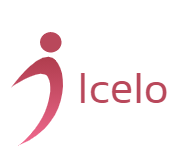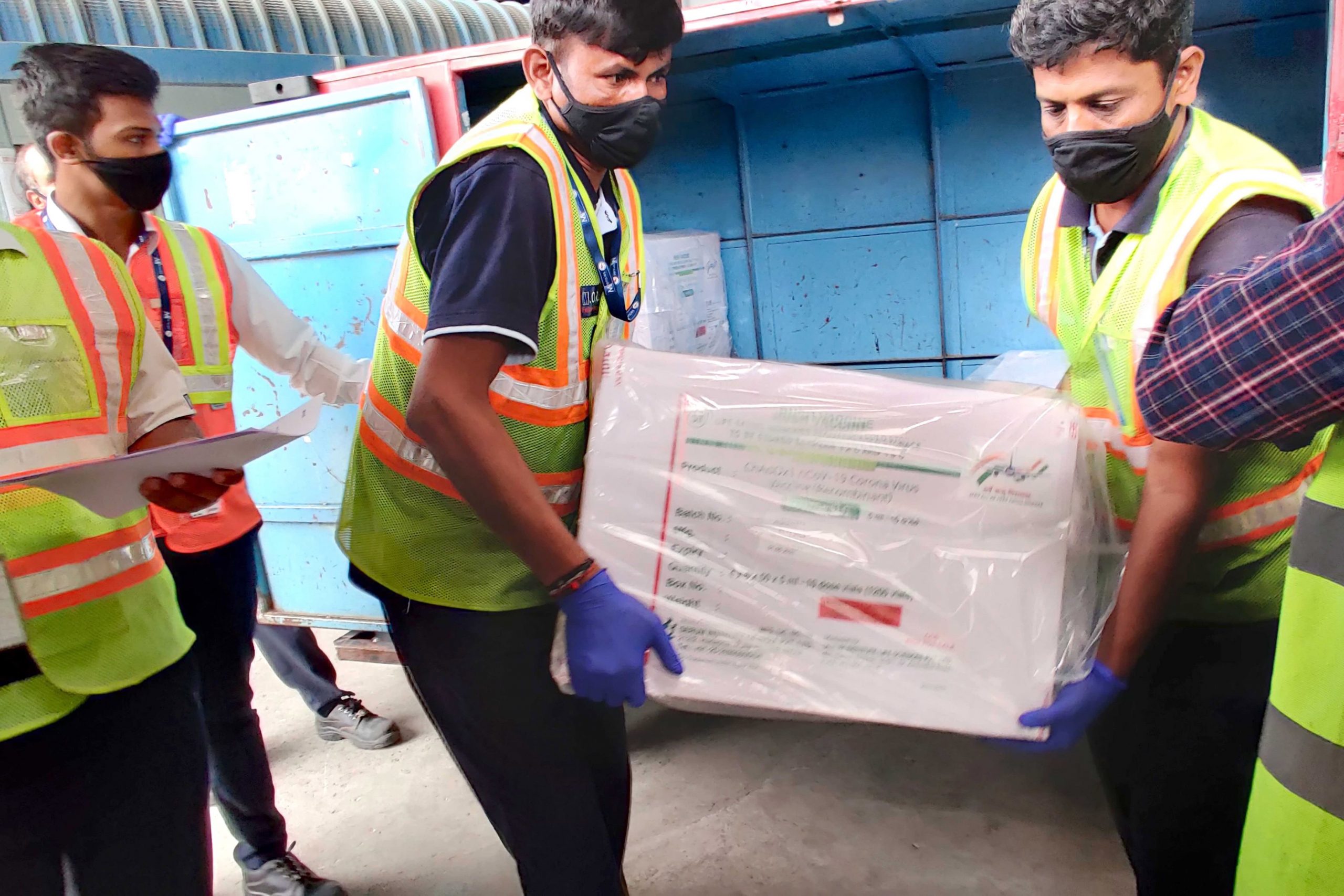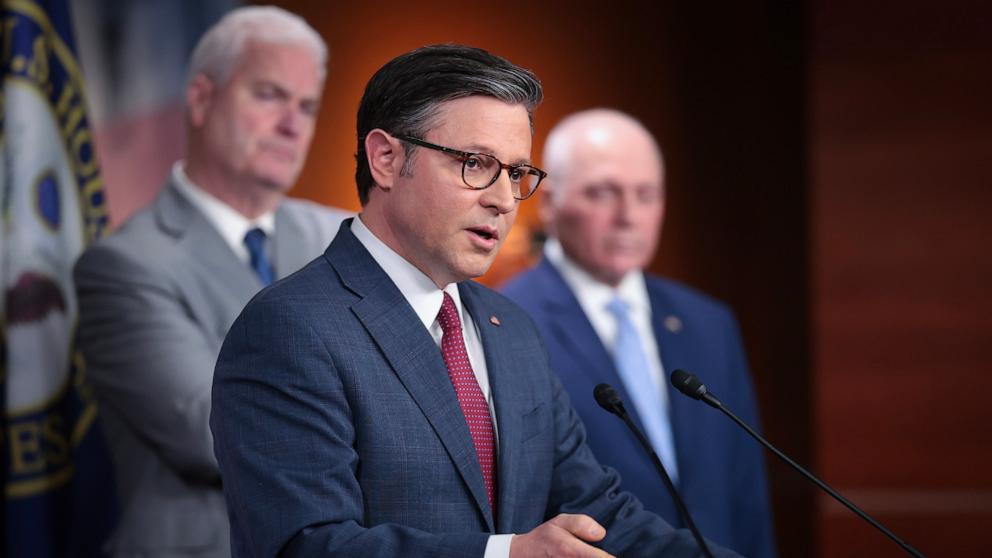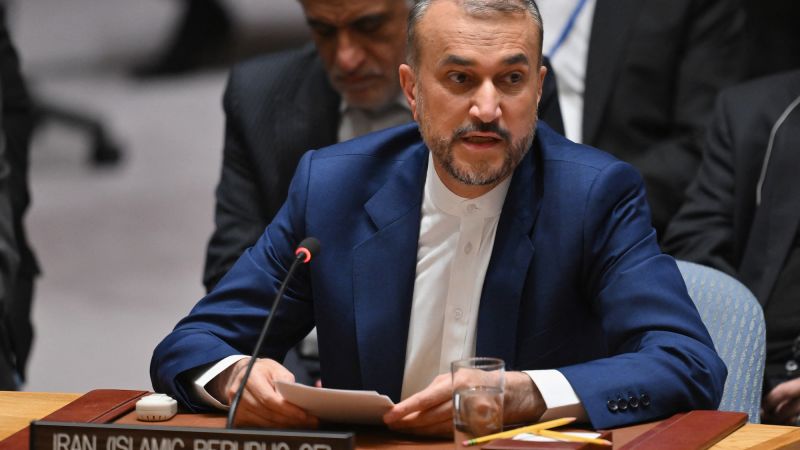India began vaccinating health workers on Saturday in what is likely to be the largest vaccination campaign against Covid-19 virus in the world, joining the ranks of the wealthiest countries where good efforts are already being made.
The country is home to the largest vaccine manufacturers in the world and has one of the largest immunization programs. But there is no evidence of the enormity of the challenge.
Indian authorities hope to give a dose of vaccine to 300 million people, roughly the population of the United States, and many times more than their current program targeting 26 million infants. Beneficiaries include 30 million doctors, nurses, and other frontline workers, followed by 270 million others, who are over 50 or have illnesses that put them at risk of contracting COVID-19.
The first dose of the vaccine was administered to a health worker at the All Indian Institute of Medical Sciences in the capital, New Delhi, after the prime minister Narendra Modi The campaign began with a nationally televised address. Priority groups across the vast country, from the Himalayas to the Andaman Islands in the Bay of Bengal, began receiving it soon after.
“We are launching the largest vaccination campaign in the world, and this shows the world our ability,” Modi said in his speech. He appealed to citizens to exercise caution and not to believe any “rumors about the safety of vaccines.”
It is not clear if Modi, 70, himself took the vaccine like other world leaders as an example of the vaccine safety. His government said the politicians would not be considered priority groups in the first phase of the offering.
Health officials have not specified what percentage of the nearly 1.4 billion people the campaign will target. But experts say it will certainly be the largest such campaign in the world.
The sheer size has its hurdles. For example, India plans to rely heavily on a digital platform to track the shipment and delivery of vaccines. But public health experts point out that the internet is still patchy in large parts of the country, and some remote villages are completely disconnected.
This week, the Ministry of Health said that about 100 people at each of the 3,006 centers across the country will be vaccinated on the first day.
India gave approval for the use of two vaccines in emergency situations, one developed by the University of Oxford and UK-based pharmaceutical maker AstraZeneca, and the other by India’s Bharat Biotech, on January 4.
Health experts are concerned that the regulatory shortcut taken to approve the Bharat Biotech vaccine without waiting for concrete data that would show its effectiveness in preventing disease from coronavirus could amplify the vaccine frequency. At least one Minister of Health opposed its use.
India’s health ministry has aroused outrage over criticism and said vaccines are safe, but stresses that health workers will have no choice in deciding which vaccine they will receive on their own.
According to Dr. SB Calantree, director of a rural hospital in Maharashtra, the hardest-hit state in India, such an approach was worrying because he said the regulatory approval was hasty and unsupported by science.
“In a hurry to become populist, the government is making decisions that may not be in the interest of the common man,” Calantree said.
Against the backdrop of the soaring global death toll from Covid-19 – which exceeded 2 million on Friday – the clock is ticking to vaccinate as many people as possible. But the campaign has been mixed.
In wealthy countries including the United States, Britain, Israel, Canada and Germany, millions of citizens have already been given some protective measure with at least one dose of a vaccine developed with revolutionary speed and rapid use.
Elsewhere, however, vaccination campaigns have barely begun on the ground. Many experts predict another year of losses and suffering in places like Iran, India, Mexico and Brazil, which together account for about a quarter of the deaths in the world.
India comes second after the United States, with 10.5 million confirmed cases, and third in the number of deaths, after the United States and Brazil, with 152,000 cases.
More than 35 million doses of various Covid-19 vaccines have been given worldwide, according to the University of Oxford.
While the majority of the COVID-19 vaccine doses have already been snapped up by rich countries, Covax, a UN-backed project to supply developing parts of the world, has found itself lacking a vaccine, money, and logistical assistance.
As a result, the chief scientist at the World Health Organization has warned that herd immunity is unlikely to materialize this year – which requires at least 70% of the globe to be vaccinated. As the disaster proved, it is not enough to eliminate the virus in a few places.
“Even if it happened in a few pockets, in a few countries, it would not protect people all over the world,” said Dr. Sumiya Swaminathan this week.





